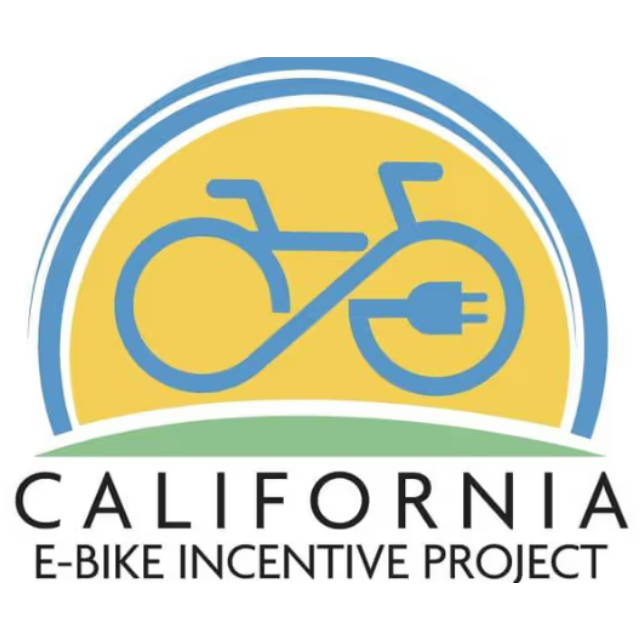Do You Need a License to Ride an Electric Bike?
Written by: Rémy Rossi | March 1, 2025 | Time to read 5 min
You most likely don’t need a license for an e-Bike. Just make sure you’re riding a legal electric bike and following your local regulations.

More about the Author: Remy Rossi
Rémy Rossi is a bike writer, mechanic, and educator who got his start in community-based bike shops and co-ops. With a decade in the industry, he still wrenches on bikes when he can and plays bike polo on a fixie.

I’ve just completed much more research than I expected in order to present the latest information on state e-Bike laws and licensing requirements. Be wary about a quick Google search, though— I saw that much of that information is outdated or inaccurate. Even better, check your city’s electric bike regulations to learn about rules that affect your local area, not just your state.
At the moment, only e-Bike owners in Hawaii or New Jersey have anything to worry about. Hawaii requires all e-Bikes to be registered (it costs $30) and New Jersey enforces license requirements for Class 3 e-Bikes.
Three-class system for e-Bikes

States recognize Class 1, Class 2, and Class 3 e-Bikes as legal electric bikes. Electric bikes that sit outside the definitions and speed limits of the three-class systems are not considered to be e-Bikes and may be treated as “motorized bicycles” or “motor vehicles” that are subject to different traffic laws.
🤝 Looking for a sweet deal?
Get an even better discount when you sell your old electric bike!
Click here for a price estimation!
Federal laws are outdated
But this bureaucratic blimp isn’t very significant— at the end of the day, it’s the state and local laws you need to be following because the FBI is definitely not chasing after anyone on a fast electric bike any time soon. That said, there have been attempts in Congress to update e-Bike regulations to adopt the three-class system.
States where you need a license

I’ll keep it real simple. The other states allow riders to use electric bikes without the need for extra registration, licensing, and insurance requirements (and those things are important too!). But Hawaii and Alaska have a couple of things worth mentioning.
- New Jersey: A license isn’t required for e-Bikes that assist up to 20 mph (Class 1 & Class 2) but Class 3 e-Bikes that move up to 28 mph need a license to operate.
- Hawaii: Electric bike riders do not need a license but must register their e-Bike and pay a fee of $30. They can do this at any city hall satellite location or the state business registration unit in Honolulu.
- Alaska: The state came close to adopting the three-class system back in 2023, but the governor vetoed the bill. Electric bikes remain unregulated at the state level, so refer to local and city regulations in your area. In practice, you don’t need a license to ride an e-Bike in Alaska.
Ride within the rules

Do you need a license for an electric bike? Unless you live in New Jersey and ride a Class 3 e-Bike, probably not. But do yourself a favor and educate yourself on your local area’s regulations on e-Bikes to make sure you’re not missing anything. Your fellow cyclists and bike path users will thank you!
Key Takeaways
- Most e-Bike riders don’t need a license: Nearly all U.S. states allow electric bikes to be ridden without a license, except for New Jersey (for Class 3 e-Bikes) and Hawaii (which requires registration but not a license).
- The three-class system defines legal e-Bikes: Most states classify e-Bikes into Class 1, 2, and 3 based on their speed and level of electric motor assistance, ensuring riders and manufacturers comply with state laws.
- State and local laws matter more than federal regulations: While federal law defines low-speed e-Bikes, state and city regulations are what are enforced, so riders should always check their local laws.


